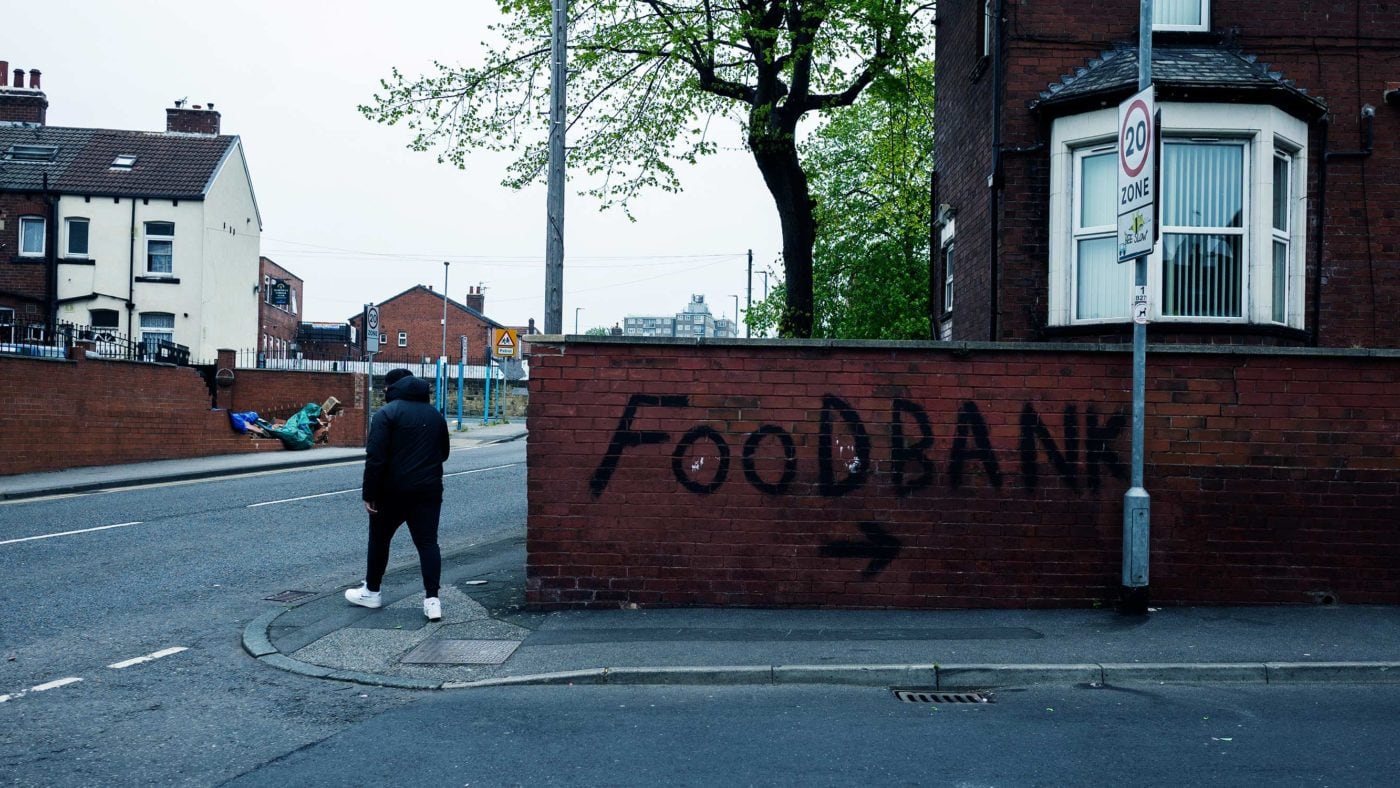When the new Prime Minister gets their feet under the desk, they will face a crisis which seems to have taken second fiddle in the last couple of weeks. Inflation at over 9% and predicted to climb, energy bills forecast to hit at least £3,300 a year – and all against the backdrop of a fragile economic and social recovery from the pandemic.
That will mean tough choices on how to balance tackling inflation and driving growth. Despite the political attractiveness of promises on tax, the next PM will need to ask themselves whether swingeing cuts to corporation tax, income tax or National Insurance are really the most effective way to confront the crisis in the short term.
Families, businesses and other organisations are all affected by rising costs and economic uncertainty. But local community organisations around the country are on the front line of the cost of living crisis, and they are raising the red flag. They can’t avoid the reality of what’s happening right now, and they need support. These local institutions – often set up by and for local people to support the community – provide services, run community centres and support economic development by getting local people into jobs. They are often overlooked, but provide essential support to vulnerable people and keep people connected.
Nik Chapman runs the Charles Burrell Centre in Thetford, Norfolk. It’s a much loved and well used hub for local community businesses and services. He describes the cost of living crisis as ‘terrifying’, and reports that some of the people using the centre are taking extreme measures to save money. Some are coming into the Centre just to charge their phone. Others are turning off fridges, leading to rampant tummy bugs in local schools.
Grub Hub, based at Moat House in Coventry, is a food pantry and delivery service where local people can pay £3 to do their weekly shop. Their CEO Dianne Williams says there are already many more fully employed people using Grub Hub than last year. And most of all she worries about the autumn, as the people who come to Moat House are coping one day at a time and have no way of understanding what’s in store for them when they have to turn the heating back on.
Stories like these are echoed across Locality’s network of 1,500 community organisations. These are the places tackling the cost of living crisis day-to-day, one-on-one. And those who run them are deeply concerned – not only about the plight of the people who use their services, but also about the sustainability of their own business models.
Many say the financial impact of the cost of living crisis on their own organisations is ‘worse than Covid’. Operating costs are going through the roof; recruitment is almost impossible; the supermarkets where they source free and discounted food are running on much tighter margins so there just isn’t as much to go round; and all the while demand for their services is escalating at an alarming rate as more and more families go to the wall.
These community organisations aren’t often engaged in conversations about politics or macro-economics. But they want to see practical help right now so they can help more people in their communities get by.
That’s why Locality is calling for a package of measures to support community organisations – and the people they serve – through the crisis. For instance, the Government should insist that councils involve community organisations in delivering the Household Support Fund, designed to help those in greatest need get through the cost of living crisis. Community organisations have their ears to the ground and know exactly where the need is greatest. There are places where this vital support is not reaching the people and places it should. Bring community organisations in, and the money will be better spent.
And if there are to be tax cuts, they should be targeted on those on the front line. Scrapping VAT on energy bills for community organisations would be a good start, alongside a major drive to help them become more energy efficient. Small investments to replace old boilers and leaky roofs across the country will help organisations survive now, but provide lower costs for the long term as well as reduce their environmental impact.
Most of all, this crisis demands real and focused attention from whoever is in charge. All politicians would do well to talk to some of the community organisations confronting the crisis day in, day out. If they did, political debate would be more heavily weighted towards reality. And we might start to see actions taken that would genuinely make a difference.
Click here to subscribe to our daily briefing – the best pieces from CapX and across the web.
CapX depends on the generosity of its readers. If you value what we do, please consider making a donation.


